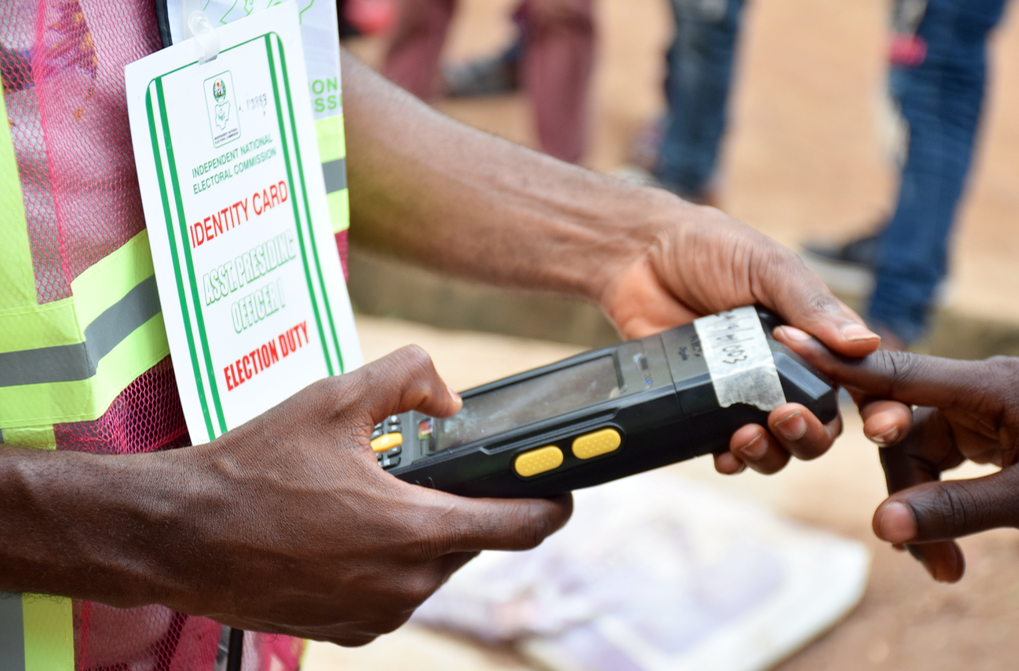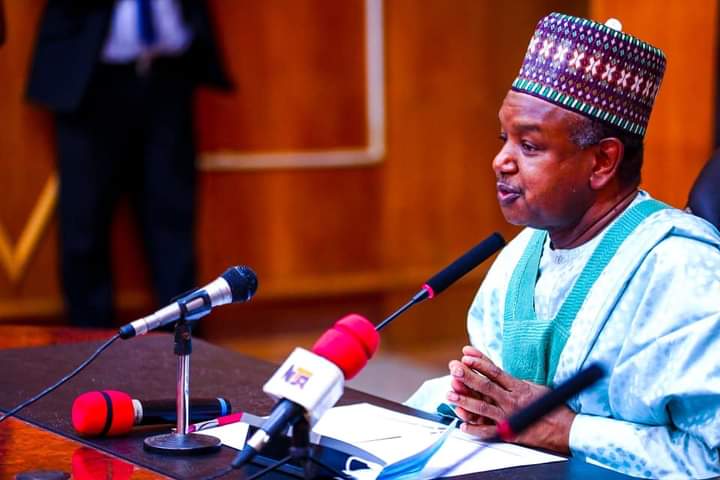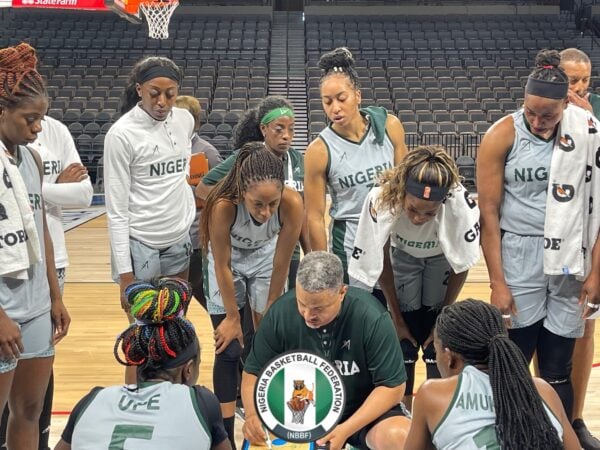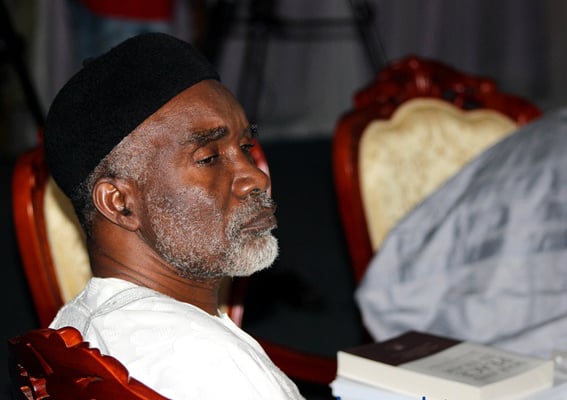Recommendations were made in 2018 by the Nigerian Communications Commission (NCC) for the adoption of electronic transmission of election results, TheCable can report.
In a joint technical analysis, the NCC and the Independent National Electoral Commission (INEC) considered a few methods for electronic transmission of election results, and recommended the traditional data communication service from mobile network operators (MNOs).
The issue of the electoral act amendment bill, which allows for electronic transmission of election results, has been contentious, leading to serious arguments between lawmakers.
In passing the bill last Thursday, the senate had approved that the NCC must certify that national coverage is adequate and secure, while the national assembly must grant approval before INEC can transmit election results electronically.
Advertisement
However, while appearing before the house of representatives on July 16, Umar Danbatta, executive vice-chairman of NCC who was represented by Ubale Maska, executive commissioner, technical services, said electoral coverage analysis conducted in 2018 by the commission, showed that about 50 percent of the polling units had 3G and 2G network services, while 49 percent had 2G network and below.
Maska had also said only 3G is needed to transmit results electronically.
The senate later said it based its stance on information provided by the NCC.
Advertisement
TECHNOLOGY OPTIONS FOR ELECTRONIC TRANSMISSION OF ELECTION RESULTS
During preparations for the 2019 general election, Mahmood Yakubu, INEC chairman, had in January 2018, visited the NCC to discuss collaboration that would enhance the electoral process.
A joint technical committee of INEC and NCC was subsequently formed with a mandate to map out strategies that would reduce human interventions in the transmission of election results.
The committee was headed by Maska and co-chaired by Muhammed Lecky, an INEC national commissioner.
Advertisement
In the report of the technical committee seen by TheCable, INEC was said to have made available coordinates of 118,302 polling units out of 119,973, and in its deliberation, sought, most importantly, 100 percent constant availability of network service during the period of the election.
NCC had also carried out a coverage analysis of the polling units on the national mobile network coverage map based on the signal strength “threshold of -95dBm”.
A breakdown of INEC’s results on network coverage at the time showed that 59,523 polling units were covered by 3G and 2G services; 50,038 were covered by only 2G service, while 8,741 units were not covered by any operator.
The committee then suggested three options: national roaming, multi-sim and traditional communication service from MNOs to transmit results.
Advertisement
According to the committee, if national roaming is available, it means “all SIMs in use with INEC hardware will function wherever there is network coverage, irrespective of which network is available.”
For the multi-sim option, the MNOs will “make available customised SIMs to INEC for the traffic exchange and the third party transit vendor is fully aware of the provisioned SIMs details just like the MNOs.”.
Advertisement
Although national roaming, the committee said, is attractive and cost effective, the option was ruled out because of the fact that the regulatory framework for its deployment is currently under development by the NCC and will not be issued in time for the 2019 elections.
On the multi-sim option, the committee submitted that it is robust and reliable, but that the timeline for its deployment is rather too long.
Advertisement
“Considering the sensitivity of the intended operation in terms of the security of both INEC, MNO infrastructure, and the confidentiality requirements for election results, issues of compromise may arise with the third party (IMSI vendor) who would not necessarily be under regulatory purview of the NCC,” the report reads.
INEC, NCC RECOMMEND ADOPTION OF TRADITIONAL DATA COMMUNICATION SERVICE
Advertisement
After deliberations, the data communication service from MNOs was recommended as the practical solution that provides a wide range coverage of INEC polling units, and guarantees a more secure end-to-end connectivity as well as election results confidentiality.
The committee said the solution may provide the level of reliability or performance in network availability for user devices connected to the network.
“Therefore, the working group considered it as most appropriate solution for the exercise,” the report further reads.
According to the report, on the option of traditional data communication service, the MNOs “confirmed that they have delivered similar services using this option to other MDAs in the recent past”.
“The system architecture is such that typically, MNOs will configure same Access Point Name (APN) to connect to the central server at INEC,” the document reads.
“Data traffic is secured through a Virtual Private Network (VPN) connection between MNOs and INEC. MNOs will make available customised SIMS to INEC and also provide data buckets per MNO for the service.”
After several meetings and engagements, it was then recommended that the “INEC/NCC joint technical committee should consider and adopt the traditional data communication service from MNOs using APN as the most appropriate solution for the electronic transmission of election results.”
The committee added that this option is “in consideration of the cost implications, security and data confidentiality issues that are not guaranteed by the other solutions that were explored”.
Add a comment






